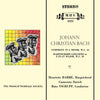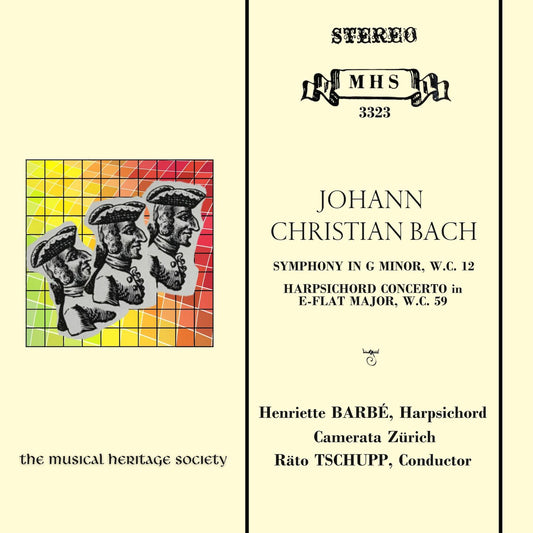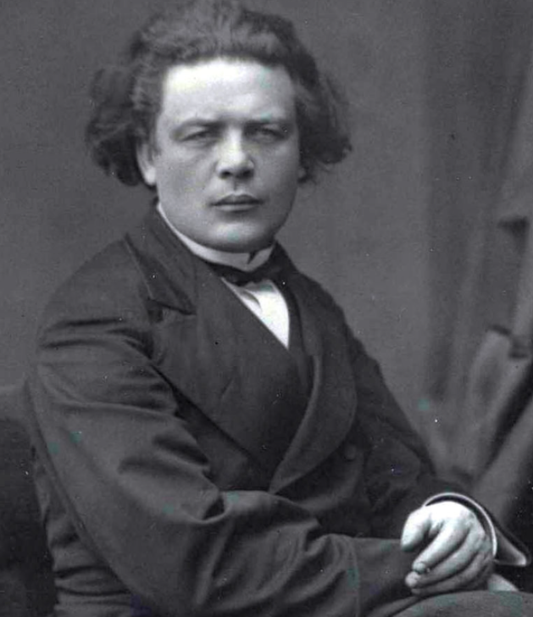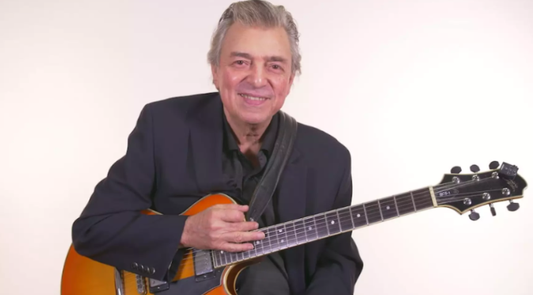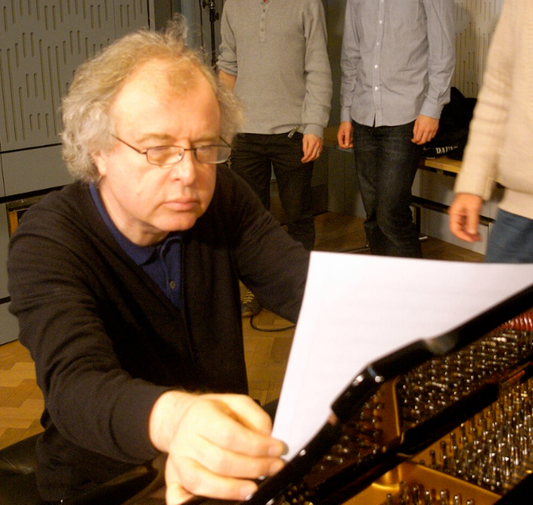Collection: JOHANN CHRISTIAN BACH (1735-1782)
Johann Christian Bach (1735–1782) was a German composer of the Classical era and the youngest son of Johann Sebastian Bach. Often referred to as the "London Bach," he played a crucial role in shaping the early Classical style and was a significant influence on composers such as Wolfgang Amadeus Mozart.
Johann Christian Bach was born on September 5, 1735, in Leipzig, Germany, into the illustrious Bach family. His father, Johann Sebastian Bach, provided his early musical training, instilling in him a deep understanding of Baroque composition. After his father’s death in 1750, Johann Christian moved to Berlin, where he continued his studies under his half-brother Carl Philipp Emanuel Bach, a prominent composer in his own right.
Seeking to expand his musical horizons, Johann Christian traveled to Italy in 1754, where he studied under Padre Martini in Bologna. During his time in Italy, he converted to Catholicism and was appointed organist at Milan Cathedral in 1760. His compositions during this period included sacred music, operas, and instrumental works, reflecting the influence of Italian musical traditions.
In 1762, Bach moved to London, where he became composer to the King’s Theatre. His operas, including Orione and Adriano in Siria, were well received, establishing him as a leading figure in London’s musical scene. He also became music master to Queen Charlotte, further solidifying his reputation.
Bach’s music embraced the galant style, characterized by elegant melodies, clear phrasing, and light textures. His symphonies, concertos, and keyboard works contributed to the development of the Classical symphony and influenced composers such as Haydn and Mozart. His friendship with Mozart was particularly significant, as the young composer admired Bach’s melodic grace and absorbed elements of his style.
Johann Christian Bach’s contributions to music extended beyond composition. He was instrumental in popularizing the fortepiano, an early version of the modern piano, and helped transition music from the Baroque to Classical era. His concerts at Hanover Square Rooms in London attracted elite audiences and set new standards for public performances.
Despite his success, Bach faced financial difficulties in his later years. He passed away on January 1, 1782, in London, at the age of 46. His influence endured, particularly through Mozart, who incorporated elements of Bach’s style into his own compositions.
Johann Christian Bach’s music remains an essential part of the Classical repertoire, celebrated for its lyrical beauty, structural clarity, and expressive elegance. His legacy as a bridge between Baroque complexity and Classical simplicity continues to be appreciated by musicians and scholars alike.

